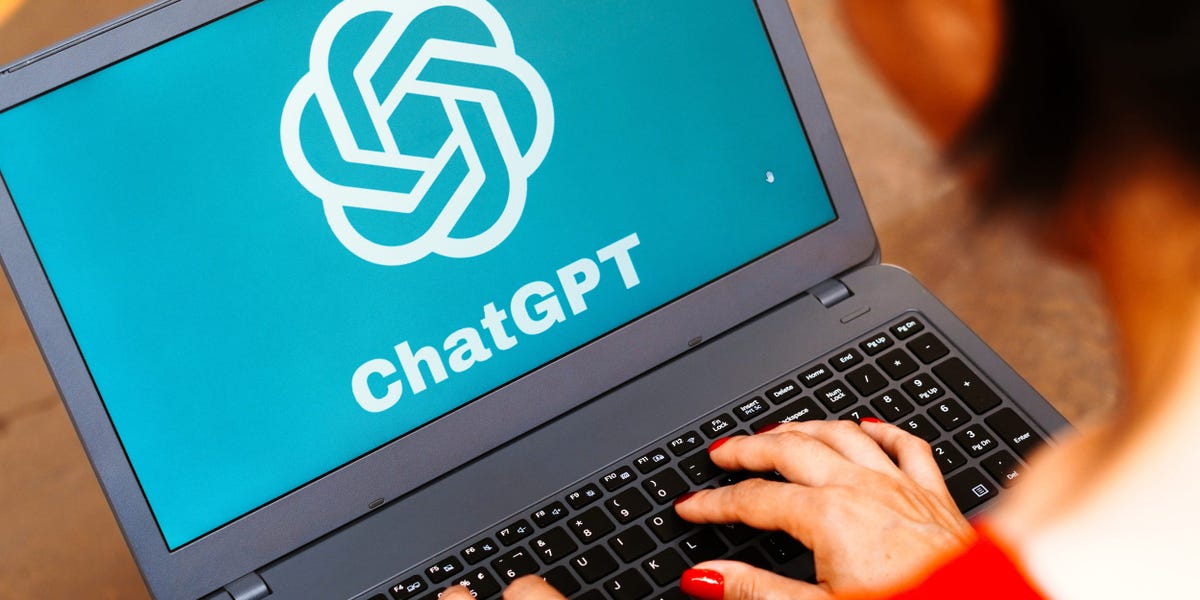- Alphabet has terminated all contractual relationships with Appen, the AI data firm that contributed to training Google’s chatbot Bard, Google Search results, and various other AI products.
- Approximately one-third of Appen’s business revenue is derived from contracts with Alphabet.
- Appen has played a significant role in training AI models for several tech giants, including Microsoft, Nvidia, Meta, Apple, Adobe, Google, and Amazon.
On October 30, 2023, Sundar Pichai, the CEO of Alphabet and Google, left the federal court in Washington, DC, after testifying to defend his company in a major antitrust case, marking the largest since the 1990s.
Following a “strategic review process,” Alphabet informed Appen over the weekend of the contract termination, set to take effect on March 19, as disclosed in a filing by Appen. The company expressed surprise at Google’s decision to end the contract.
With Alphabet contributing roughly one-third of Appen’s revenue, the termination will impact “at least two thousand subcontracted Alphabet workers,” according to a statement released by the Alphabet Workers Union on Monday.
Based in Australia, Appen has been instrumental in training AI models for a notable roster of tech giants. Historically, five key clients — Microsoft, Apple, Meta, Google, and Amazon — have accounted for 80% of Appen’s revenue. The company operates a platform with approximately 1 million freelance workers across over 170 countries.
In 2023, revenue from Alphabet amounted to \(82.8 million out of Appen’s total sales of \)273 million for the year, according to the filing released on Monday.
Despite its prestigious clientele and nearly three-decade-long history, Appen has faced challenges in recent years, including a decline in customers, a series of executive departures, and financial setbacks, amidst growing demand for training data driven by generative AI tools. Revenue decreased by 30% in 2023, following a 13% decline the previous year, partly attributed to “challenging external operating and macro conditions.”
In August 2020, Appen’s shares reached a peak of AU\(42.44 (\)27.08) on the Australian Securities Exchange, propelling its market capitalization to \(4.3 billion. Presently, the stock is trading at around AU\)0.28, marking a decline of over 99% since its peak.
Former employees, preferring anonymity, disclosed to CNBC in September that Appen’s current struggles in transitioning to generative AI reflect years of inadequate quality controls and a fragmented organizational setup.
Appen’s previous projects for tech firms have involved tasks such as assessing search result relevance, aiding AI assistants in understanding diverse accents, utilizing AI to categorize e-commerce images, and mapping locations of electric vehicle charging stations. The company has also highlighted its contributions to search relevance for Adobe, translation services for Microsoft, and provision of training data for lidar companies, security applications, and automotive manufacturers.
However, current large language models function differently, with OpenAI’s ChatGPT and Google’s Bard employing underlying LLMs to deliver sophisticated responses and advanced images based on simple text queries. Companies are now allocating more resources to processors from Nvidia and reducing reliance on Appen.
Past conflicts between Google and Appen have revolved around wage disputes, notably in 2019 when Google mandated a minimum hourly wage of $15 for its contractors. Appen fell short of meeting this requirement, as indicated in public letters from some workers.
In January 2023, after organizational efforts, Appen increased rates for freelancers working on the Bard chatbot and other Google projects to a range of \(14 to \)14.50 per hour.
Nevertheless, labor issues persisted, leading to charges against Appen by the U.S. National Labor Relations Board in June for allegedly terminating six freelancers who publicly voiced concerns about workplace conditions. Subsequently, these workers were reinstated.
In its filing on Monday, Appen outlined plans to focus on cost management, business restructuring, and delivering high-quality AI data to customers.
“Appen will promptly realign its strategic objectives following the termination of the Google contract and will provide further insights in its FY23 full-year results on 27 February 2024,” stated the company.










